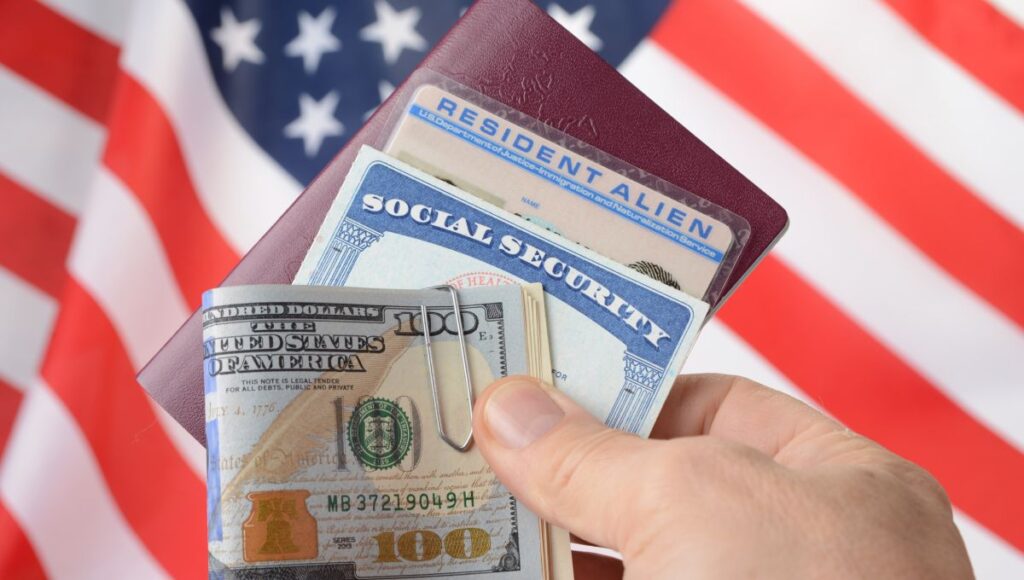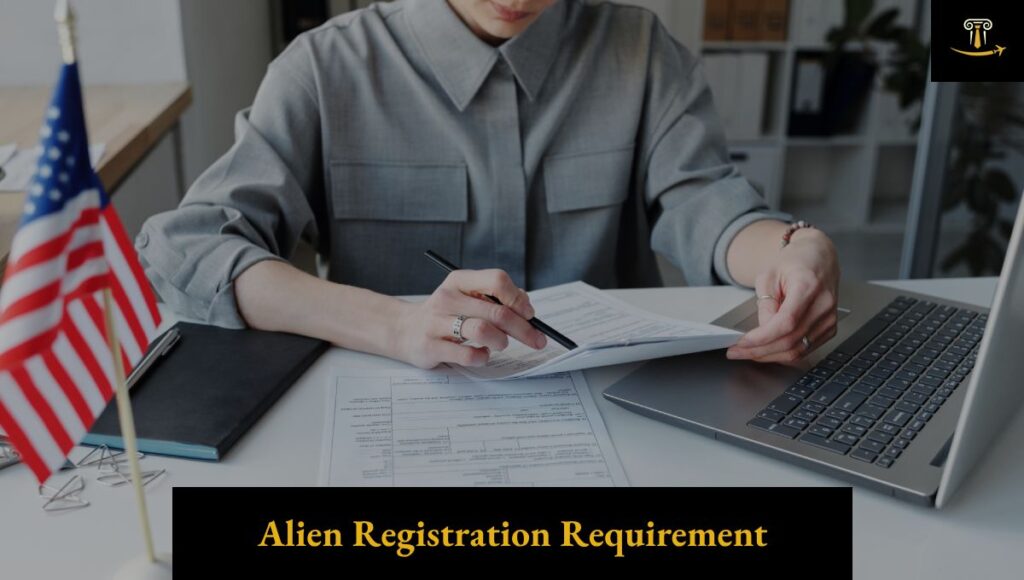Overview
In mid-2025, the U.S. Department of Homeland Security (DHS) advanced a new proposal to transform the H‑1B visa selection system. The proposed rule aims to replace the current random lottery with a wage-based selection process that prioritizes petitions offering higher salaries. The goal is to attract highly skilled professionals and align visa allocation with labour market needs.
This policy, now under review by the Office of Information and Regulatory Affairs (OIRA), is expected to bring major changes to how H‑1B cap-subject visas are distributed and could significantly affect both employers and foreign workers.
From Random Lottery to Wage Prioritization
Under the existing system, H‑1B petitions subject to the annual cap are selected randomly. Each year, 65,000 regular cap visas and 20,000 U.S. master’s cap visas are awarded through a computerized lottery system.
The newly proposed rule would prioritize H‑1B registrations based on the Department of Labor (DOL) wage levels tied to the offered position. In this model:
- Level IV wage positions (the highest wage bracket) would be considered first.
- Subsequent levels—Level III, Level II, and Level I—would follow if visa numbers remain.
If there are more applicants than available visas within a wage level, a lottery would occur only within that level, rather than across all applicants. This approach is intended to Favor positions that are highly skilled and better compensated, under the assumption that they are more likely to fill true shortages in the labour market.
Scope and Application
The proposed change would apply only to cap-subject H‑1B registrations, not to:
- Cap-exempt employers (e.g., universities, nonprofit research organizations)
- Amendments or extensions of current H‑1B status
- H‑1B portability or concurrent employment petitions
Petitioning employers would be required to certify their offered wage level during registration and provide supporting documentation later in the petition process.
Impact on Employers and Workers
Employers
- Talent Strategy Adjustments: Companies may need to offer more competitive wages to improve selection odds.
- Resource Planning: Smaller businesses or nonprofits offering entry-level wages could face difficulty securing H‑1B visas.
- Compliance: Employers must ensure that wage level designations are accurate and defensible.
Foreign Workers
- Skilled Applicants Benefit: Professionals with specialized skills and competitive pay offers stand a better chance of selection.
- Entry-Level Workers at Risk: Graduates entering the workforce or those in lower-paying roles may struggle under the new ranking system.
Legal Considerations and History
This proposal revives a similar rule introduced in 2021, which was eventually vacated by a federal court due to procedural and administrative issues. The 2025 version is expected to address those concerns more comprehensively. Nonetheless, legal challenges could still arise, particularly around:
- Statutory interpretation under the Immigration and Nationality Act (INA)
- Equal access for all qualified workers regardless of wage
Next Steps in Rulemaking
The rule is currently undergoing review at the executive level. If approved, DHS is expected to publish a Notice of Proposed Rulemaking (NPRM) in the Federal Register, triggering a public comment period. Final implementation could take place in fiscal year 2026, though this timeline is subject to regulatory and political developments.
Strategic Guidance: Immigration Fleet Law Firm
For companies and individuals affected by the proposed changes, Immigration Fleet, a full-service immigration law firm, offers targeted legal support:
- Wage Level Review: Assess offered wage levels to ensure eligibility and optimize selection chances
- Registration Planning: Strategize filing timelines and documentation in preparation for selection windows
- Alternative Solutions: Identify visa options for positions at lower wage levels, such as O-1, L-1, or cap-exempt H‑1B filings
- Compliance Support: Assist with Labor Condition Applications and wage documentation to prevent USCIS rejections
With H‑1B policy undergoing significant reform, working with experienced counsel is critical to navigate evolving requirements and protect long-term immigration strategies.
Conclusion
The proposed wage-based H‑1B selection system reflects a broader shift in U.S. immigration policy toward rewarding highly skilled and better-compensated employment. While the approach may enhance the quality of visa recipients and protect domestic workers, it could also make the process more competitive for entry-level roles and smaller employers.





